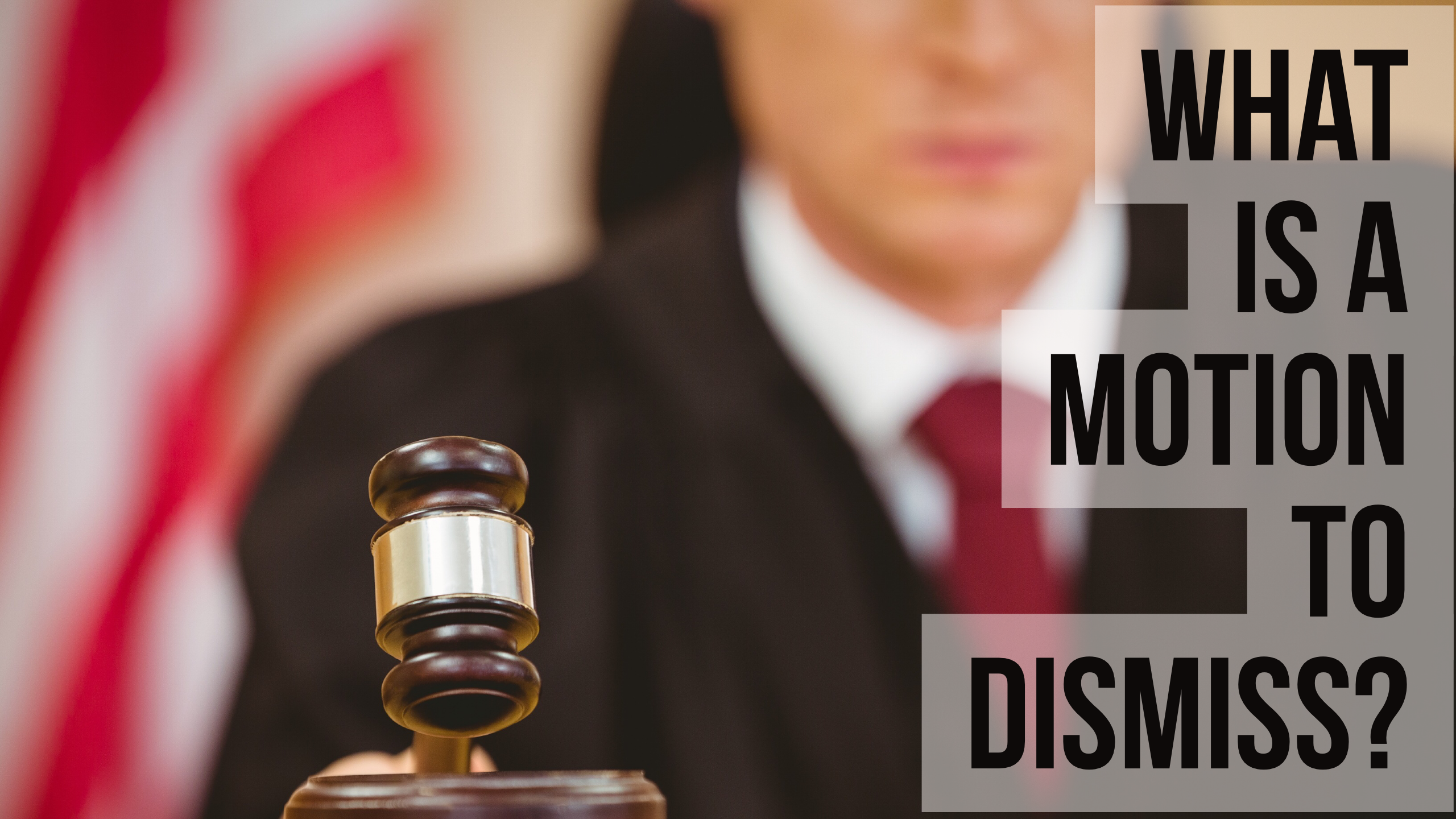In Florida, when a defendant pleads guilty or no contest to a criminal charge or is found guilty after a trial, the judge will sentence that defendant. A sentence can involve jail or prison time or a term of probation, or both. If a person is sentenced to probation, that means the person will be under the supervision of the court, by way of a probation officer, and will likely have to complete certain requirements as part of that probation. For instance, the judge may order three years of probation and require the defendant to pay money back to the victim, complete community service hours, take certain classes, complete some type of treatment and/or certain other conditions. The expectation is that the defendant will complete those requirement before the probation term ends. If the defendant fails to complete the requirements set forth by the judge or gets arrested for a new crime on probation, the defendant will be subject to a violation of probation charge which could result in more conditions, more probation and/or incarceration.
On the other hand, if the defendant does well on probation and finishes his/her conditions early, the judge might allow the defendant to get off probation early. It is always a good idea to get off probation early, if possible, for a few reasons. One, if a person gets arrested for a new charge while on probation, it is worse for that person because it gives the state much more leverage. The state would have two separate cases against the defendant, one for the new charge and another for the violation of probation. If the evidence in the new case is not very strong, perhaps not good enough to sustain a new criminal case, the state may still be able to go forward with a violation of probation since the legal standard to violate a person’s probation based on a new charge is much lower than the beyond a reasonable doubt standard for a new criminal case. Basically, if the judge (not a jury) finds it is more likely than not that the defendant committed a new crime while on probation, the judge can violate the defendant’s probation and put the defendant back in jail.
Two, probation costs money and takes time. There are supervision fees and reporting requirements even after the defendant has completed the probation requirements as long as he/she is still on probation. Three, if a person received a withhold of adjudication (which means the defendant was technically not convicted of the crime under Florida law), that privilege is not vested until probation is finished and terminated. Likewise, if a person is eligible to seal his/her criminal record after a withhold of adjudication, a very helpful mechanism for people who do not want future employers and others to see the criminal record in the future, the defendant is not eligible to have his/her record sealed until probation is completed.
 Jacksonville Criminal Lawyer Blog
Jacksonville Criminal Lawyer Blog


